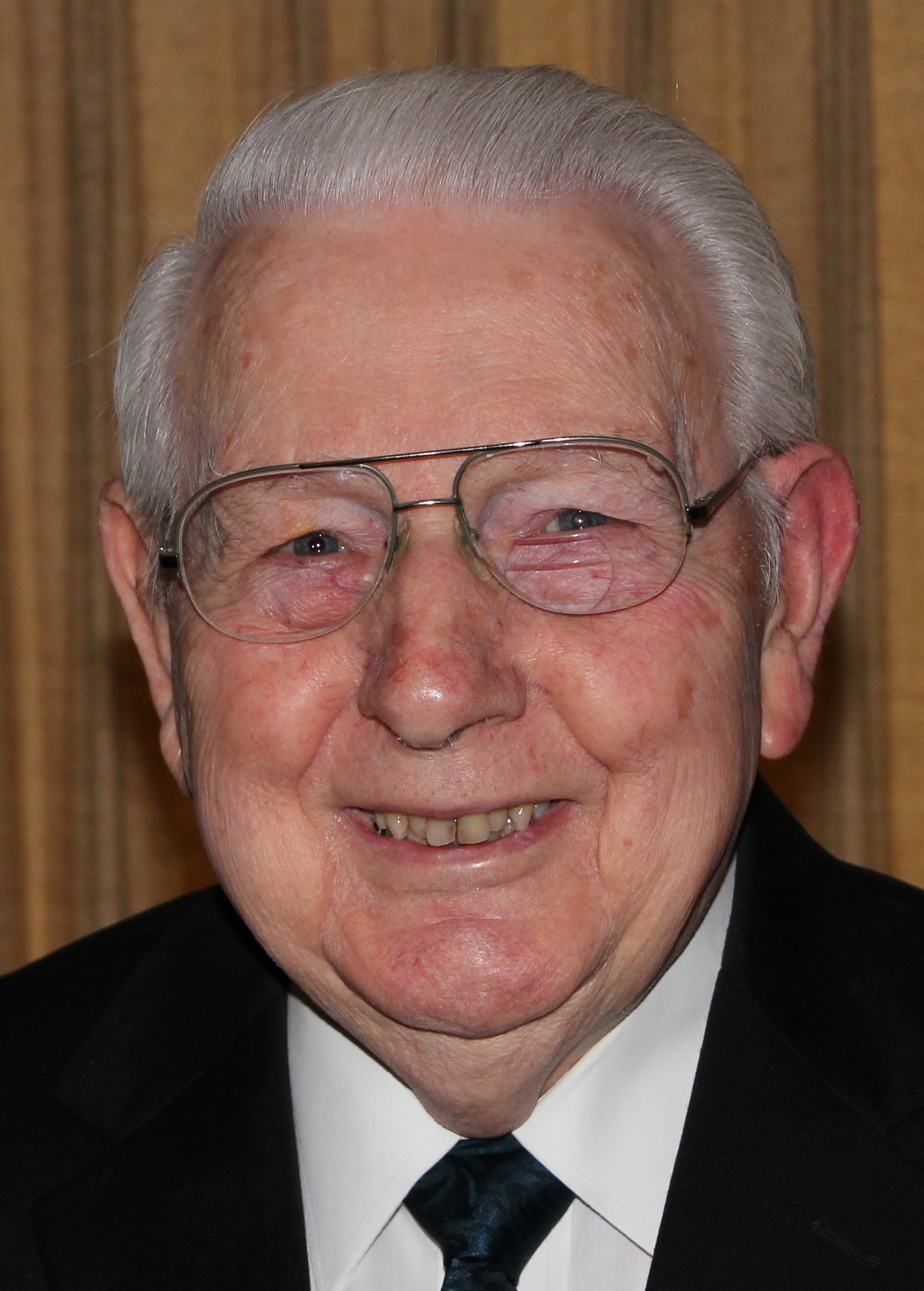 May 27, 2015 (Wednesday)
May 27, 2015 (Wednesday)
Tonight’s Bible Study at Bethel Baptist Church, Ingleside, focuses on Paul’s strategy of sharing the gospel. His method at Antioch of Pisidia set a pattern for ministry in other cities.
Paul and Barnabas had been to Cyprus and a Roman official, Sergius Paulus, had become a Christian because of their testimony. They then sailed for Asia Minor and landed in Perga, where their attendant, John Mark, only about 16 years of age, left them and went back home to Jerusalem. Evidence seems to indicate that an illness that plagued Paul the rest of his life got its start here. They did not linger in Perga, but quickly moved on north, on a treacherous and dangerous route, to Antioch of Pisidia. There he found a high, dry climate that may have helped alleviate his suffering. No doubt this had something to do with his meeting the physician, Luke, there.
The Jews and God-fearers (Gentiles who worshiped with the Jews) met for worship in their synagogue on the Sabbath. Customary tradition called for hospitality toward visitors, and Paul was invited to speak. His sermon is summarized in Acts 13:16ff.
His message began with a reminder of God’s care of His people in Egypt, through the wilderness and into the promised land under the judges–a period of 450 years. His history lesson told of the first king, Saul, and his successor, David, “a man after God’s own heart.” He then said, “”From this man’s descendants God has brought to Israel the Savior Jesus, as he promised.”
Jesus is able to forgive all sins, declared Paul, something Judaism promised but could  not provide in spite of all its rituals and ceremonies. This promise was kept when Jesus came. The events surrounding the crucifixion and resurrection of Jesus Christ were fulfillments of prophecy. He concluded, “Therefore, my friends, I want you to know that through Jesus the forgiveness of sins is proclaimed to you. Through him everyone who believes is set free from every sin, a justification you were not able to obtain under the law of Moses” (Acts 13:38-39 NIV).
not provide in spite of all its rituals and ceremonies. This promise was kept when Jesus came. The events surrounding the crucifixion and resurrection of Jesus Christ were fulfillments of prophecy. He concluded, “Therefore, my friends, I want you to know that through Jesus the forgiveness of sins is proclaimed to you. Through him everyone who believes is set free from every sin, a justification you were not able to obtain under the law of Moses” (Acts 13:38-39 NIV).
There was a great response and many believed. The word of God spread throughout the region, but the Jewish leaders were jealous and stirred up opposition among the leaders of the town, and persecution developed, forcing the missionaries to leave. From there they went to the next town, Iconium.
Paul’s strategy in Antioch of Pisidia became a model for establishing churches wherever he went. He worshiped as a Jew in the synagogue. When asked to speak, he told about Jesus. Some believed and, with the help of the missionaries, started a church. Others opposed him strongly, and he was asked to leave the community. This is the sequence of events that were repeated in other places. When you think about it, this is basically a repeat of the chain of events in Jerusalem when the gospel was first proclaimed at Pentecost.
